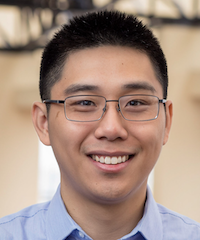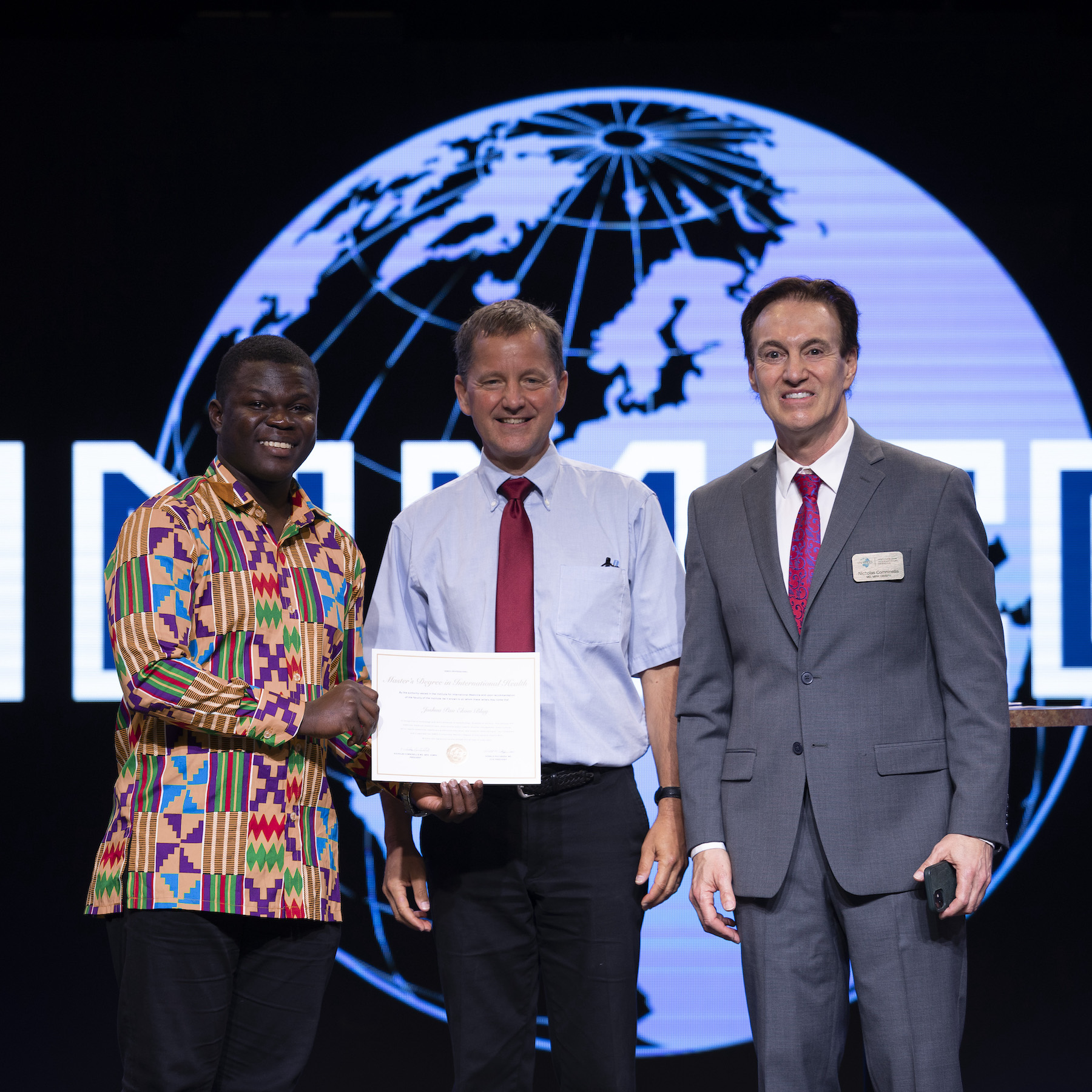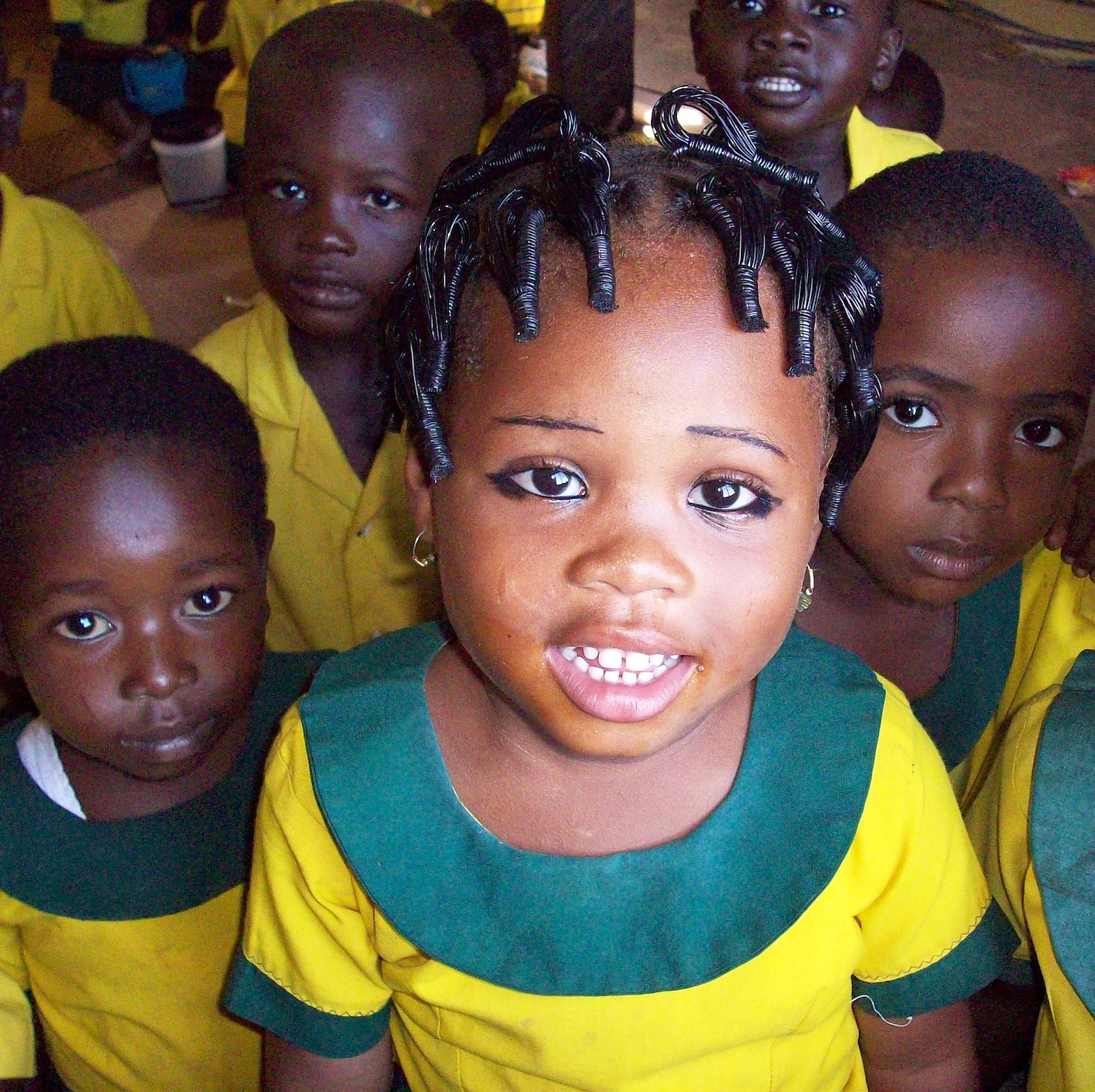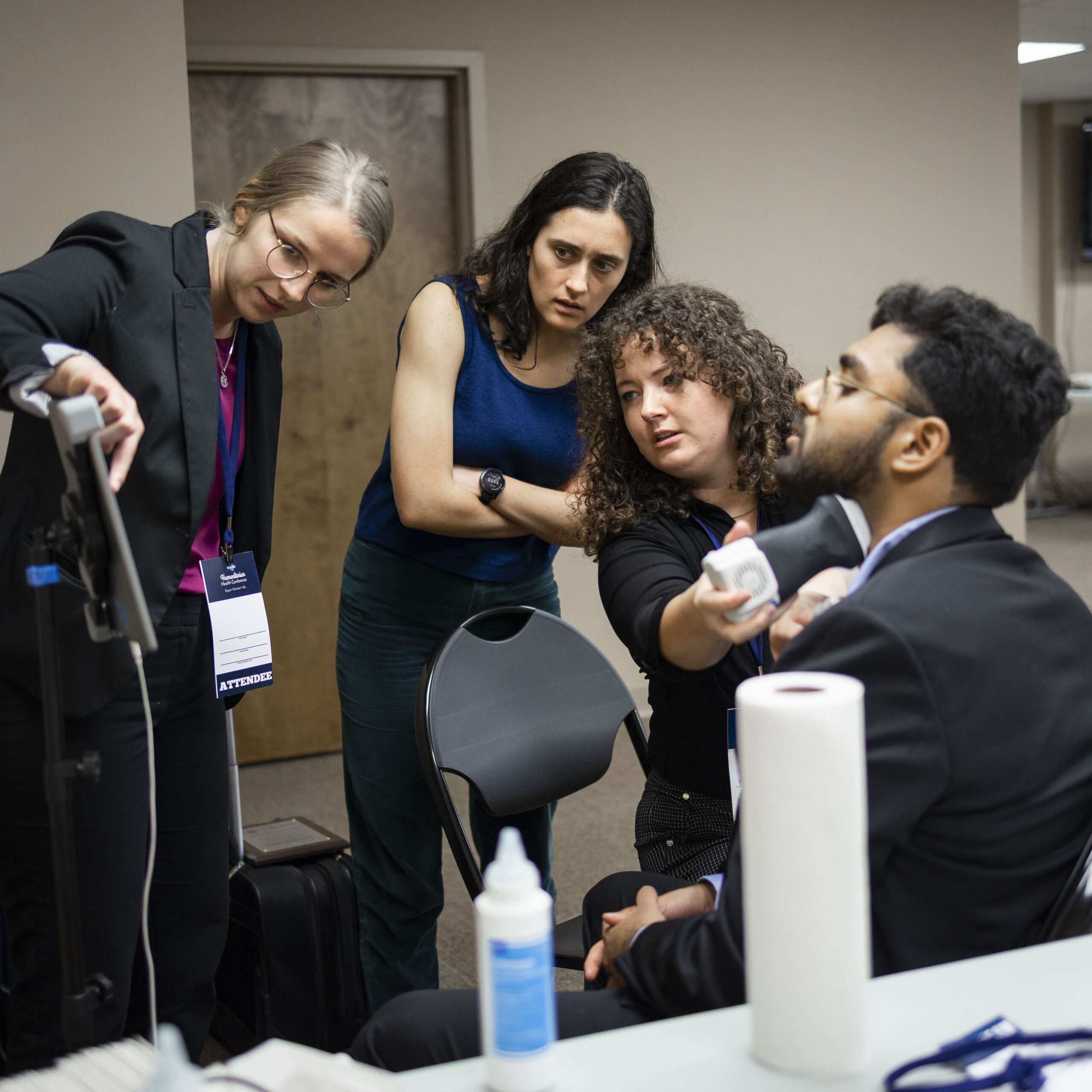Benton Huang
INMED Blog

Hello! My name is Benton Huang. I am a and I’m starting my INMED service-learning in April 2022.
- Kiwoko Hospital
- Uganda
- Graduate Diploma in international Medicine & Public Health
Blog Posts
Encountering the Nile
May 17, 2022
Anne and I traveled to Jinja, one of the closest areas to the source of the Nile where we would […]
Continue ReadingNo One Likes Potholes
May 8, 2022
Just as background information, in Uganda, to become a doctor resembles the European system where you can apply to medical […]
Continue ReadingFirst Impressions
May 6, 2022
What a long journey that was, but I finally made it from Bremerton, WA to Kiwoko, Uganda. I took my […]
Continue ReadingIntroducing Myself
April 22, 2022
Hello! My name is Benton Huang. I am a resident at Northwest Washington Family Medicine Residency, and I’m starting my […]
Continue Reading


